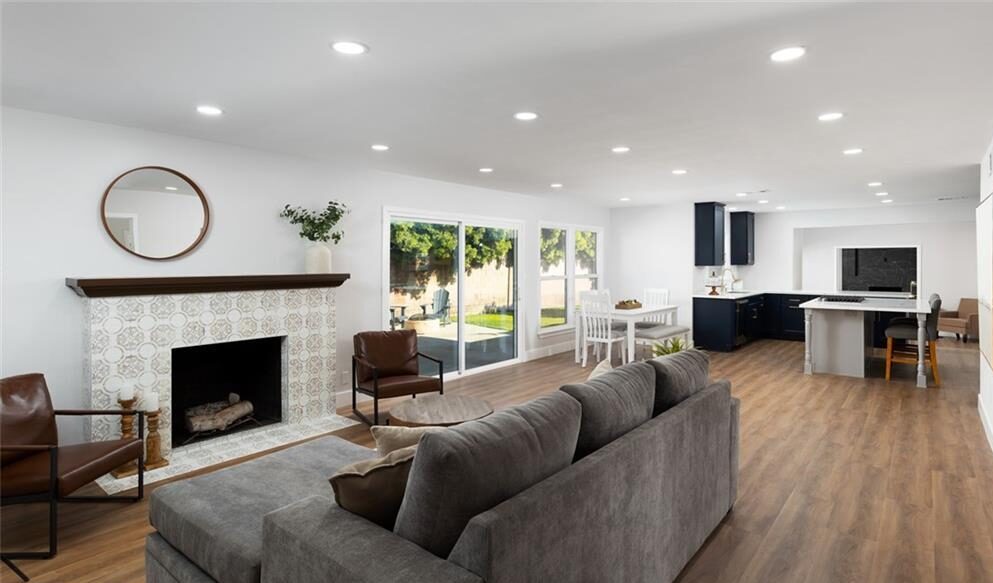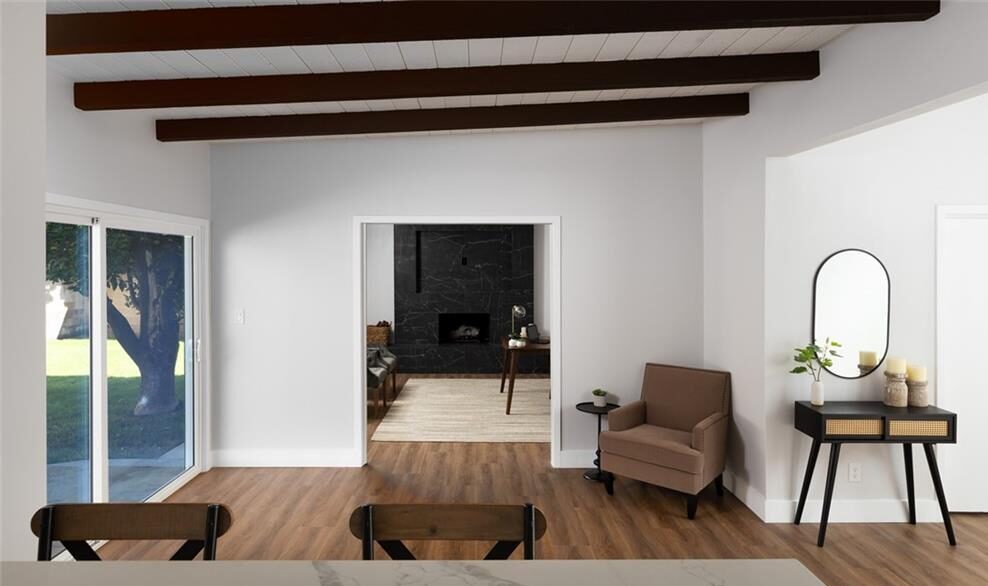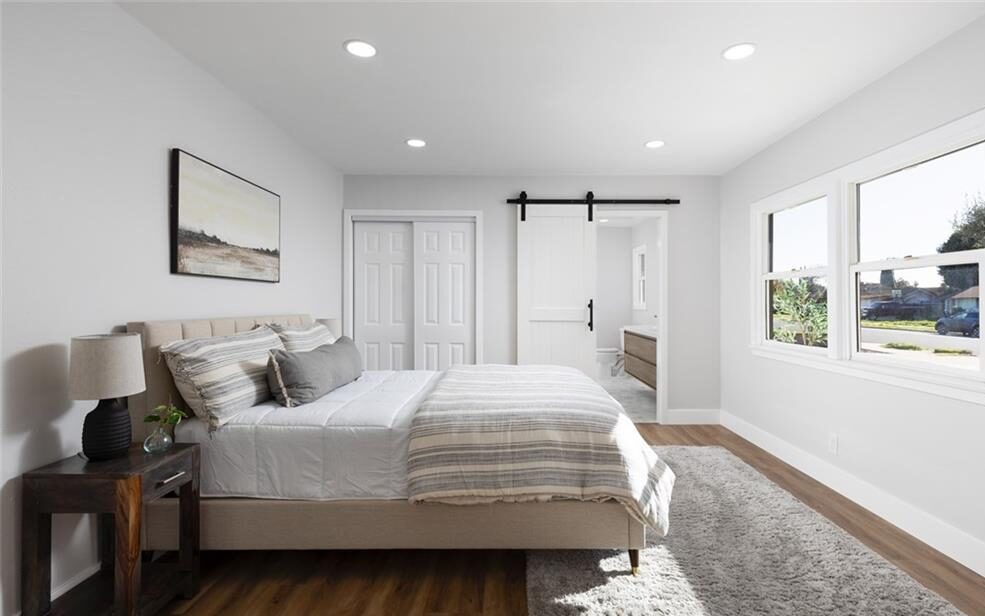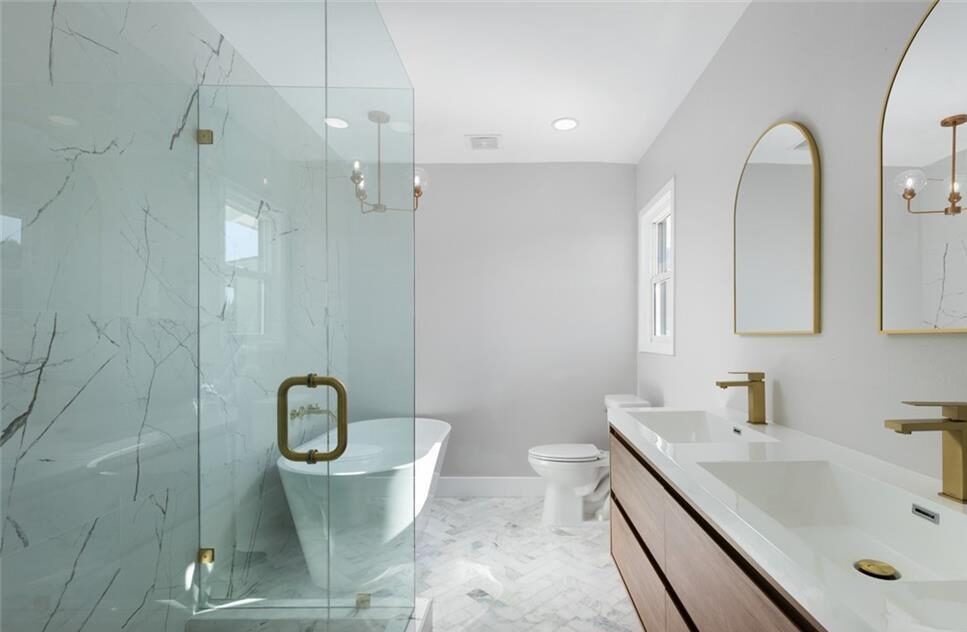IOP Mental Health
IOP mental health is a specialized treatment option tailored to address various mental health conditions.

What is Mental Health IOP?
For anyone wondering what is IOP in mental health, it’s a form of mental healthcare that sits between outpatient therapy – the most common form of therapy, usually held weekly in a therapist’s office – and inpatient treatment. Individuals facing a crisis or psychiatric emergency, can receive inpatient acute care in a psychiatric hospital or a general hospital’s psychiatric ward. Inpatient residential treatment involves a stay of a month or more at a treatment facility. Here, people engage with therapies similar to those in an IOP, with the person remaining at the treatment center for 30 days rather than returning home between sessions.
In an IOP, people participate in therapy sessions, in both individual and group formats, for about two or three hours daily over three to five weekdays.
IOPs are sometimes confused with PHPs (partial hospitalization programs). PHPs involve around five hours of therapy per day, including both group and individual sessions, for five days a week.
There are two main use cases for an IOP program mental health:
- Intervention for individuals who are at risk of hospitalization and who need more structured treatment than traditional outpatient therapy provides.
- Transitional step down from higher levels of care like PHPs or inpatient programs.


Do I Need to Go to Inpatient Mental Health Treatment First?
Determining whether to begin with inpatient mental health treatment before transitioning to an IOP depends on several factors. The decision is typically based on the severity of your mental health condition, the level of support needed, and the recommendations of mental health professionals.
- Severity of condition: If your mental health condition is acute, poses a significant risk to yourself or others, or requires close medical monitoring, inpatient treatment may be necessary as a first step. This setting provides a structured and intensive care environment.
- Support and stability: Inpatient treatment might be beneficial if you lack a stable and supportive home environment. It offers a safe and controlled setting that might be needed for initial stabilization.
- Professional assessment: A mental health professional can assess your situation and advise the most appropriate level of care. They will consider your mental health history, current symptoms, and personal circumstances.
In some cases, starting with an IOP might be sufficient, especially if your condition is stable enough to be managed with regular therapy sessions without the need for continuous supervision. Ultimately, the choice between starting with inpatient treatment or an IOP should be made in consultation with mental health professionals who can provide guidance tailored to your unique needs.

Benefits of an IOP for Mental Health
Intensive outpatient programs for mental health provide numerous benefits, making them a vital component of the mental health care spectrum. Advantages of IOPs include:
IOPs sits between inpatient care and traditional outpatient treatment, delivering intensive and immersive support without the need for a residential stay.
It is possible for people to maintain their daily routines, including work and family commitments, while receiving comprehensive therapy. This balance helps people in gradually applying coping techniques learned in therapy to real-life situations.
IOPs often combine individual therapy, group therapy, and family therapy, offering a holistic approach to treatment. This diversity in treatment allows for a more comprehensive approach to mental health care.
Group sessions provide an opportunity for individuals to share experiences and learn from others facing similar challenges, fostering a sense of community and support.
For those stepping down from inpatient treatment, IOPs provide a structured transition, helping to integrate people back into their everyday lives while continuing to offer any ongoing support needed.
IOPs are more affordable than inpatient treatment, making them accessible to a wider range of people
IOPs emphasize developing skills and strategies for managing mental health in the long term, encouraging self-reliance and resilience.
Programs are tailored to meet the specific needs of each person, considering their unique circumstances and mental health goals.


Do You Need a Mental Health IOP?
Deciding whether you need a mental health IOP involves evaluating your mental health needs and circumstances. If your symptoms are significant but don’t call for around-the-clock care, an IOP might offer the right level of support.
Consult with your therapist, psychiatrist, or other healthcare providers. They can assess your condition and recommend the appropriate level of care. Remember that an IOP requires a commitment to attend multiple therapy sessions per week. Consider whether you can commit to this schedule and actively participate in the program.
If traditional outpatient therapy hasn’t sufficiently addressed your needs, or if you are transitioning from inpatient care, an IOP can provide a more intensive treatment approach. If you can manage daily responsibilities at work or school, but still need substantial mental health support, an IOP may offer the necessary therapy without full-time hospitalization.
Consider your current support system, too. If you have a supportive environment at home, an IOP could work well as it enables you to stay in your community while receiving treatment.
Collaborate with mental health professionals to determine whether you need a mental health IOP. They can provide a comprehensive assessment and guide you toward the best course of action for your specific needs.

Getting Treatment at an IOP for Mental Health
Seeking treatment at an IOP for mental health involves taking several key steps to ensure that you receive the appropriate care for your needs:
The first step is usually an assessment by a mental health professional. This evaluation will determine if an IOP is suitable for your situation, based on the severity of your symptoms, your mental health history, and your current needs.
Check with your insurance provider to understand coverage for IOP services. If insurance is not an option, inquire about payment plans or sliding scale fees that the program may offer.
Research different IOPs to find one that matches your requirements. Consider factors like the program’s approach to treatment, the types of therapy offered (such as cognitive behavioral therapy, group therapy, or motivational therapy), and the qualifications of the staff.
IOPs typically require a commitment to attend sessions several times a week. Ensure that the program’s schedule aligns with your personal and professional commitments.
Success in an IOP depends on active participation in both individual and group therapy sessions. Engage fully in the process to gain the most benefit.
If possible, involve your support system – family or close friends – in your treatment process. Many programs offer family therapy or educational sessions for loved ones.
Work with your treatment providers to plan for the transition out of the IOP. This may include continuing with outpatient therapy, establishing a support network, and applying coping skills learned during the program.
Your needs may change over time, so continuous assessment of your progress is always beneficial. Be open to adjusting the treatment plan as needed to make sure that it remains effective.

Inside Our Facility
Our inpatient mental health accommodations provide a comfortable, family-like environment.








Our inpatient mental health accommodations provide a comfortable, family-like environment.

Our Inpatient Mental Health Treatment Program
Mental health challenges, like addiction, do not discriminate and can affect people from all walks of life. If you or a loved one is facing any kind of mental health issue, Gratitude Lodge in Laguna Beach, CA, offers a supportive path forward.
Our facility specializes in treating all types of mental health conditions and addictions, set against the backdrop of a luxurious beachside environment. This approach allows people to receive the mental health care they need while maintaining their daily responsibilities.
We can help connect those who need long-term residential mental health facilities California with appropriate centers throughout the state. After stabilization, you can transition to outpatient treatment at our facility in Southern California.
When you are ready to enjoy life free from the constraints of mental health challenges, reach out to Gratitude Lodge by calling 800-994-2184.
*As required by law, all communications with Gratitude Lodge are HIPAA Compliant and 100% Confidential.











